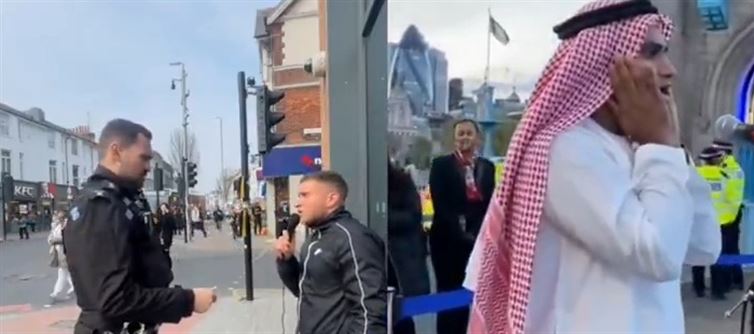
Critics argue that this represents a growing imbalance in the UK's approach to religious freedom, where Christian voices—particularly evangelical or street preachers—are often subject to scrutiny. At the same time, expressions of islam in public spaces are treated more leniently or even encouraged in the name of multiculturalism. For instance, public calls to prayer, Eid celebrations, and prayer gatherings are sometimes facilitated or protected as part of community cohesion efforts. This perceived disparity has led to claims of institutional bias or fear of being labeled Islamophobic when dealing with Islamic practices, thus enforcing a cultural double standard.
However, the broader context is essential. The UK’s public order laws empower the police to intervene in situations where speech—religious or otherwise—may incite disturbances or cause distress. However, the key concern lies in the subjective and uneven application of these laws. When enforcement appears selective, especially when it disproportionately targets a particular group while overlooking others, it fuels public distrust and the perception that the UK is losing its commitment to equal treatment under the law. Ensuring that freedom of speech and religion applies equally to all—regardless of faith—remains a fundamental principle that must not be compromised under pressure.




 click and follow Indiaherald WhatsApp channel
click and follow Indiaherald WhatsApp channel